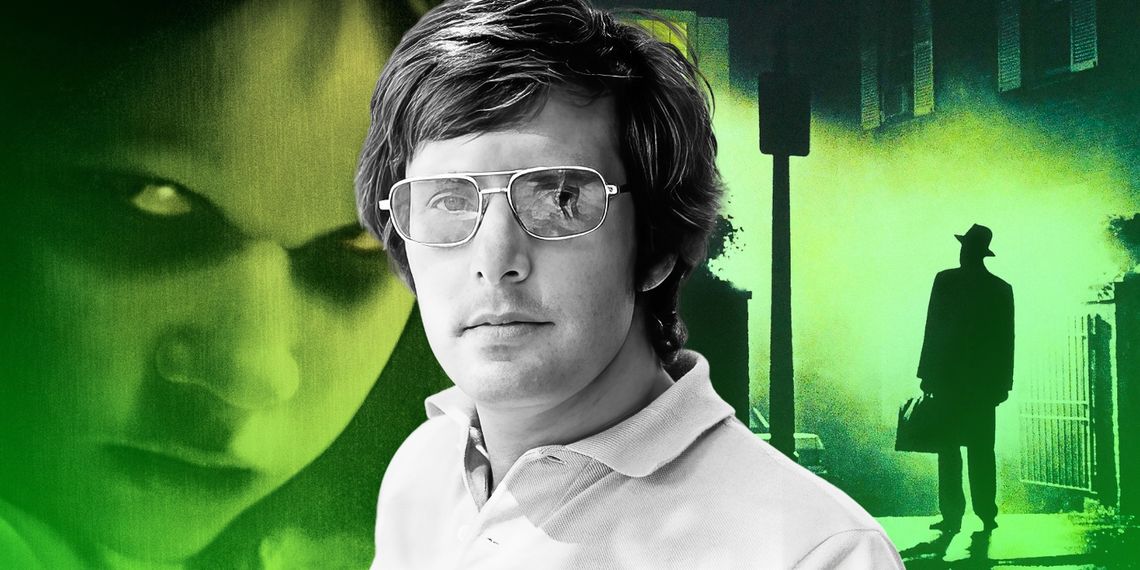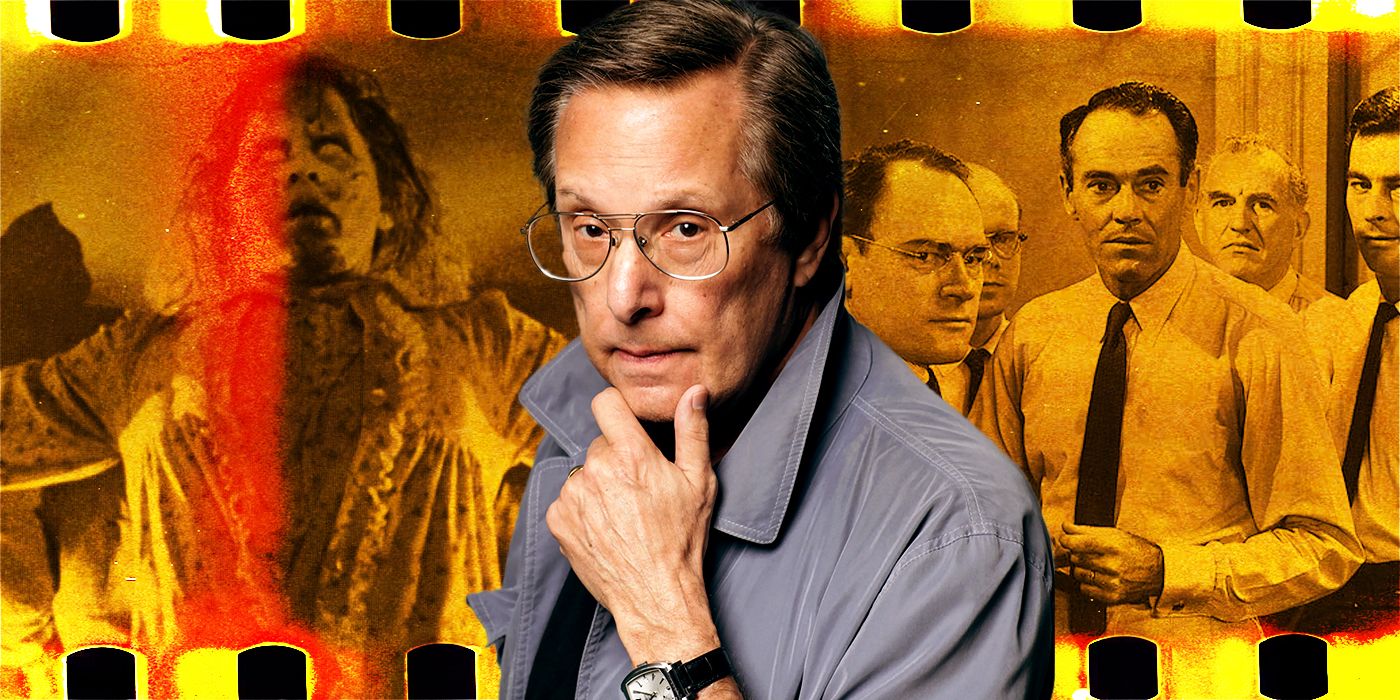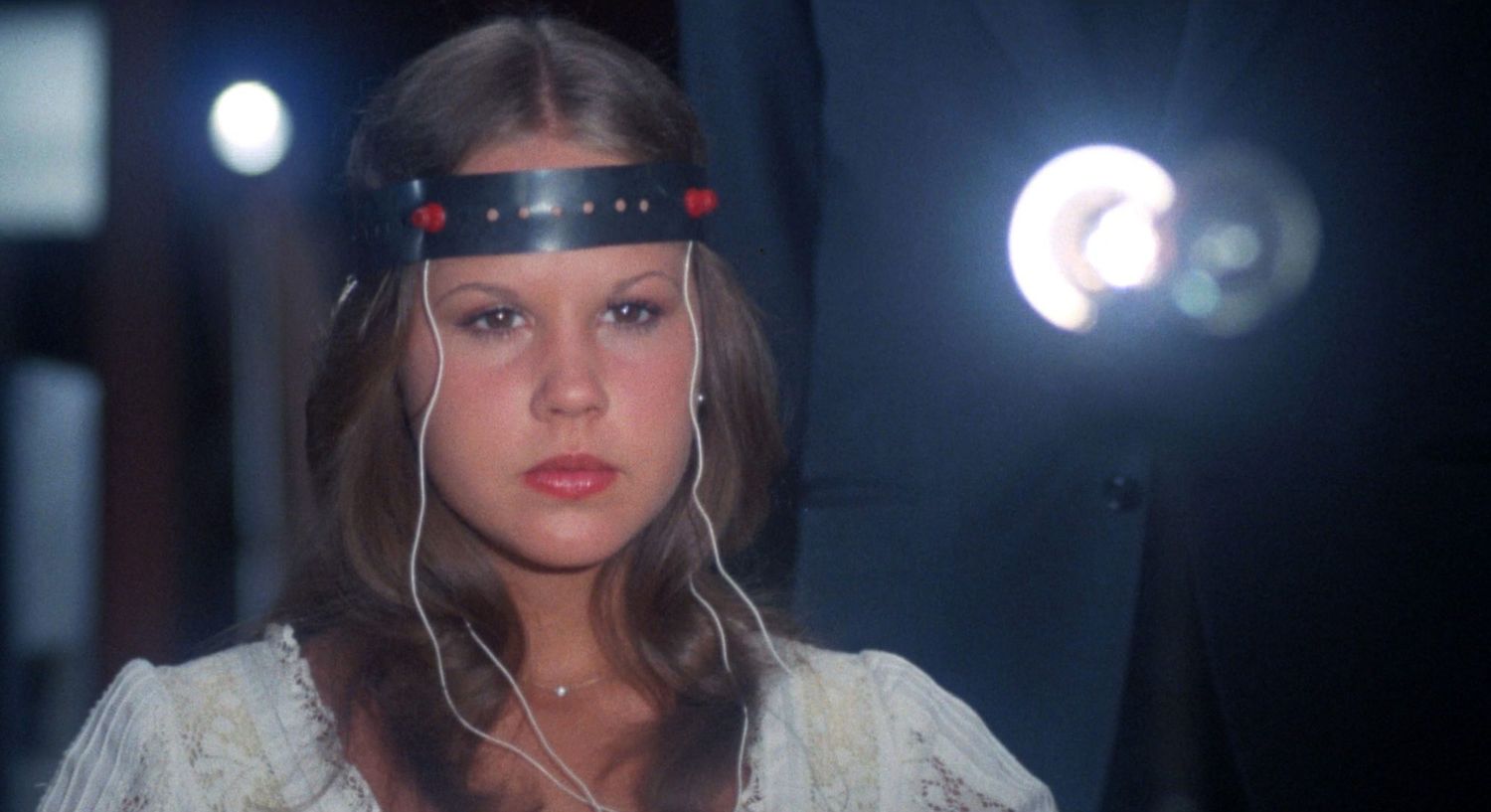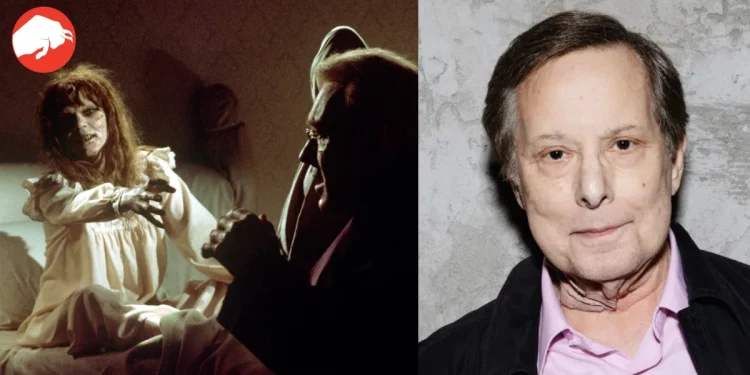The Pinnacle of Horror: William Friedkin’s Unparalleled Masterpiece
The Exorcist, directed by William Friedkin in 1973, is not only considered one of the greatest films ever made but is also celebrated as a pivotal transformative experience in horror cinema. It stands as a paragon of horror, transcending the constraints of its genre, elevating the realism and emotional resonance typically absent from horror films of its time. This classic doesn’t rest its laurels solely on horror parameters but resonates universally across varied cinematic spectrums. The adaptation of William Peter Blatty’s 1971 novel by the same name brought home an Oscar for Best Adapted Screenplay, setting an unparalleled benchmark in the horror genre.
The Notorious Sequel: Exorcist II: The Heretic
However, the path for The Exorcist series was not without its stumbling blocks. Exorcist II: The Heretic, the sequel released in 1977, not only failed to live up to the monumental success of its predecessor but is also considered one of the most disastrous sequels in horror cinema history. The film, despite its extravagant flights of fancy and surreal narrative traverses to Africa, failed to resonate with audiences and critics alike, plunging the series into a shadow of contempt and disdain.

William Friedkin’s Unfiltered Disdain
William Friedkin, the visionary behind the original, had clear reservations and disparagement for the sequel. His unabridged and unfiltered critiques speak volumes about the discord between his cinematic vision and the manifestation of the sequel. Despite initially refusing to see Exorcist II, labeling any sequel unnecessary and complete travesty to the original story, he later confessed to enduring “the worst 40 minutes of film” he had ever seen upon watching a portion of it.
His anecdotes from a 2013 film festival reveal tales of disastrous screenings resulting in audience riots and embittered producers fleeing theaters. Such universal repudiation is echoed by others like Gene Siskel, proclaiming it as “the worst major motion picture” he had seen during his extensive career.

John Boorman’s Artistic Endeavors and the Heretic’s Unique Direction
Yet, in spite of its widespread repudiation, the directorial prowess of John Boorman cannot be overlooked. The director of action classics such as Point Blank and critically acclaimed Deliverance, Boorman brought his unique artistic approach to Exorcist II, lending it a layer of aesthetic richness even while navigating through its arguably absurd narrative arc. The film, contrary to its predecessor, ventured into realms of action-adventure, interlacing bizarre fight scenes with surreal imagery.
Sequels and the Struggle for Redemption
The subsequent chapters of The Exorcist series faced their unique challenges, battling the shadows of the disastrous sequel. The need for narrative redemption was palpable, leading to a series of films, each attempting to recapture the essence and glory of the original masterpiece. Exorcist III, directed by Blatty himself, managed to resurrect the essence of the series, mirroring the tonality of the original and presenting memorable villain performances.

The Legacy and Continuous Evolution of The Exorcist Series
Despite its tumultuous journey marked by cinematic highs and lows, The Exorcist series remains a testament to the boundless creative ambitions of its various auteurs. From Renny Harlin to Paul Schrader and the awaited Exorcist: Believer from David Gordon Green, the series promises a continuum of innovative explorations within the horror genre.
Conclusion:
The Exorcist, with its blend of narrative sophistication and cinematic brilliance, remains a monumental achievement, casting a long, imposing shadow over its sequels and the broader horror genre. The subsequent attempts to recapture its essence, despite their diverse directorial visions and varying degrees of success, reflect the enduring impact and the continuous pursuit of creative excellence inspired by Friedkin’s masterpiece. The series, while entangled in its struggles and continuous endeavors for redemption, stands as a fascinating journey through the realms of horror cinema, artistic ambition, and narrative innovation.









